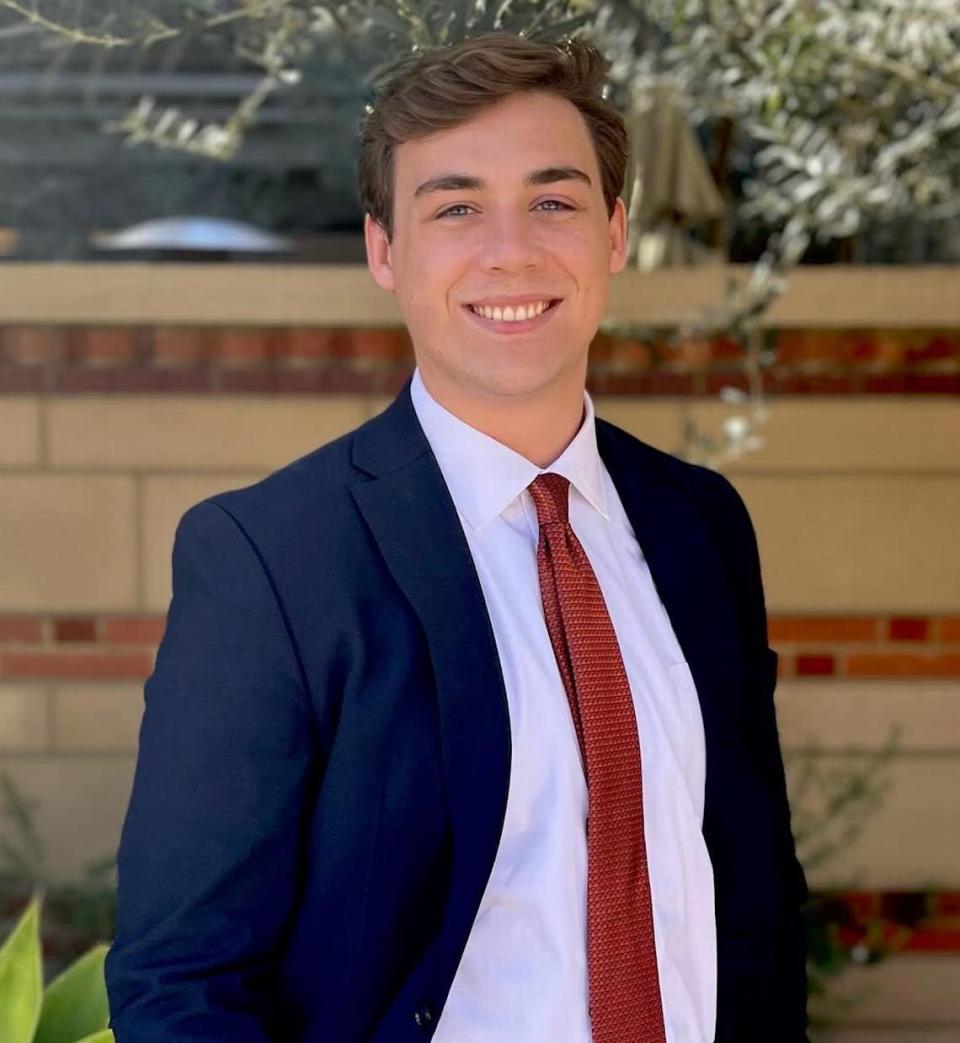Deporting Haitian migrants tears Black families apart. It’s the afterlife of slavery | Opinion
The U.S. government’s deportation of Haitian nationals amid a dire humanitarian and political emergency in Haiti has reached a crisis point — again. During the past year, Haiti resumed its practice —illegal under Haitian law — of automatically detaining deported individuals with criminal records in the National Penitentiary and other jails in conditions tantamount to torture.
While the United States has recently redesignated Haitian nationals as eligible for Temporary Protected Status, many people with criminal convictions — including just two misdemeanors — are categorically denied this form of protection from deportation.
In Haiti’s prisons, they are held like animals, denied basic necessities, including physical safety, food, water, medical supplies and sanitation. The University of Miami School of Law Human Rights Clinic interviewed Haitian nationals deported from the United States who were recently released from prisons, as well as their families.
Deported individuals are held with more than 60 others in 300-square-foot cells meant for 10 to 15 inmates. Inmates must sleep standing up or sitting down while cockroaches and rats run over their bodies and faces. The only water available for drinking and bathing sits, stagnant, in an uncovered five-gallon drum, from which inmates report having to remove dead rats every day. Unable to access food, prisoners are so emaciated that they evoke images of victims of concentration camps in the Holocaust.
Those who protest this horrific treatment are met with retaliatory physical violence and threats of death. Prison guards target deported individuals with violence, claiming that they are “messing up” the country. If lucky enough to survive this inhumane treatment, deported individuals face heightened persecution, extortion and harassment upon their release for sounding and looking “American.” To many of these individuals, Haiti is a foreign and hostile country that they have never known.
On Oct. 10, 2022, 40-year-old Haitian national Roody Fogg from cholera-like symptoms in Haiti’s National Penitentiary. He had been deprived of the most basic human rights. Fogg had a green card and had lived in the United States since he was 12. He was deported to Haiti on April 5, 2022.
In a hearing before the Inter-American Commission on Human Rights recently, we demanded that the United States stop all deportations to Haiti, as it has in the past in the face of a crisis. In January 2011, the Obama administration learned about the prison abuse in Haiti after the death of Wildrick Guerrier, deported because of his ineligibility for protection under TPS. He died from cholera in a Haitian prison that same month.
While the Obama administration halted deportations soon after Guerrier’s death, the halt came too late for James, a Haitian national who did not what his last name used. He was deported to Haiti in 2012. Kidnapped and brutalized by gangs, James stressed in a recent interview with us that he would simply like the human experience of being a father to his children, who live in the United States and whom he has not seen in 10 years.
Systemic racism is at the root of this immigration crisis. In 1808, the United States abolished the transatlantic slave trade, but today, the barbaric practice of tearing apart Black families continues. Slave codes have been sustained through immigration legislation by both political parties. The reformulated laws police, detain and deport Black non-citizens at disproportionate rates. The double jeopardy of being both Black and immigrant plagues the Haitian community with over-policing and makes it more likely for Haitians to be stopped, questioned and tried for a crime.
The Biden administration extends protections to as many as 180,000 Ukrainian immigrants, but then demands that non-white immigrants “do not come” on a national stage. The afterlife of the slave ship lives on through an immigration system that dehumanizes Black immigrants by knowingly sending them to torture, persecution and death.
Who gets to be human during a crisis? Would this country send Ukrainian victims back to their persecution and death?
The Inter-American Commission on Human Rights asked the United States to provide accurate data as to the number of people seeking protection and those actually receiving it, based on national origin. We look forward to working with the Commission to obtain this data.
The discriminatory treatment of Haitians must come to an end if the United States is to live up to its commitments to uphold human rights.
Gabrielle Thomas, Clayton Oates and Megan Williams are law school student interns with the University of Miami Human Rights Clinic. Denisse Córdova Montes is its acting associate director.





